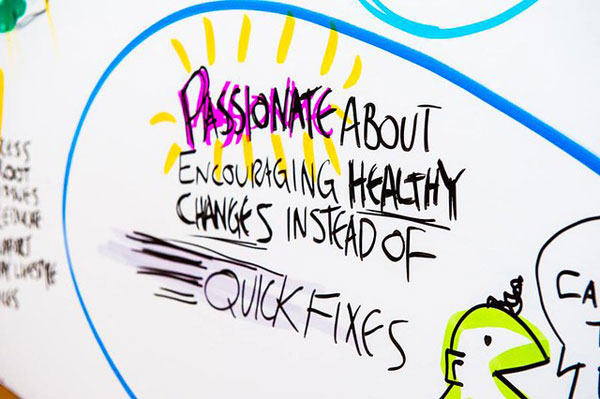
April 9, 2019; Shelterforce
These are times of great change in health care. Hospitals and health systems have increasingly come to recognize, in the words of Brian Castrucci, CEO of the de Beaumont Foundation, and John Auerbach, CEO of the Trust for America’s Health, “that medical care alone cannot address what actually makes us sick.”
Increasing health care costs and worsening life expectancy are the results of a frayed social safety net, economic and housing instability, racism and other forms of discrimination, educational disparities, inadequate nutrition, and risks within the physical environment. These factors affect our health long before the health care system ever gets involved.
Yet change does not come easily. For instance, NPQ has cited the work of Pritpal Tamber, who told Grantmakers in Health in November 2017 that, “There is a risk that initiatives resulting from the health sector’s growing enthusiasm for influencing social determinants will be too limited to meet the mark because they leave out the knowledge and power of those most affected by the very challenges they intend to address.” A little over a year ago, NPQ noted that “health insurers, while willing to alter payment models and entertain some changes in what they will pay for, have yet to grasp the more fundamental nature of the need for system change and community empowerment inherent in the idea that health, ultimately, is about much, much more than health care.”
In Shelterforce, Castrucci and Auerbach make a similar observation. “Hospitals and health care systems have started to address these social determinants of health through initiatives that buy food, offer temporary housing, or cover transportation costs for high-risk patients,” they write, but they add, “when you take a closer look, these articles aren’t about improving the underlying social and economic conditions in communities to foster improved health for all—they’re about mediating patients’ individual social needs.”
The result is decidedly mixed. No one, least of all Castrucci and Auerbach, wants to discourage what they label “invaluable” assistance for individual patients, but efforts to address poor health at the community level where the impact would be greatest remain insufficient.
Sign up for our free newsletters
Subscribe to NPQ's newsletters to have our top stories delivered directly to your inbox.
By signing up, you agree to our privacy policy and terms of use, and to receive messages from NPQ and our partners.
Even US Health and Human Services (HHS) Secretary Alex Azar has noticed the difference. In a speech last November, Azar noted that we “can’t simply write a prescription for healthy meals, a new home, or clean air.”
Castrucci and Auerbach point out that “health care navigators and similar enhancements to health care can’t actually change the availability of resources in the community. They can’t raise the minimum wage, increase the availability of paid sick leave, or improve the quality of our educational system. These are the systemic changes that are necessary to truly address the root causes of poor health.”
Fortunately, some policies that directly impact community health are being implemented. Castrucci and Auerbach noted that in Kansas City, Missouri, “voters recently approved a ballot initiative empowering health inspectors to respond to tenant complaints about a broad range of housing conditions, funded by an annual fee of $20 per unit for landlords.” They add that,
National initiatives offer states and local communities a roadmap for identifying and implementing gold-standard strategies to improve public health. In an initiative known as Health Impact in 5 Years (or HI-5), the Centers for Disease Control and Prevention (CDC) developed a list of 14 evidence-based policies to improve population health. CityHealth, an initiative of the de Beaumont Foundation and Kaiser Permanente, provides city leaders with a package of nine policy solutions that can help millions of people live longer and better lives.
As Castrucci and Auerbach observe, removing mold from a patient’s apartment, feeding a patient who needs food, or providing an on-site exercise program is different than removing mold from an entire apartment building, providing community access to healthy food, or making low-cost exercise options available for all. The risk, they add, is that “Redefining the meaning of ‘social determinants’ to be mostly or only about the immediate social needs of expensive patients makes it harder to focus on the systemic changes necessary to address root causes of poor health.”—Steve Dubb













